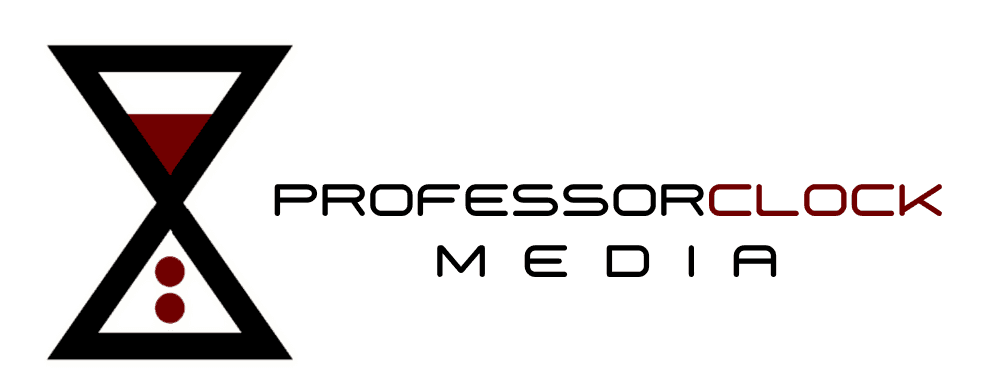How to Launch a Career in Electronic Music Publishing: A Comprehensive Guide
Understanding the Electronic Music Publishing Industry
The electronic music publishing industry offers a plethora of opportunities for aspiring professionals. With the rise of digital streaming platforms and global music festivals, electronic music has become a significant part of the music landscape. This industry involves managing copyrights, distributing music, and promoting artists, making it a dynamic and exciting field.

Gaining the Necessary Skills and Education
Launching a career in electronic music publishing requires a blend of skills, including a strong understanding of music theory, digital rights management, and marketing. Many universities and online platforms offer courses in music business and publishing. Enrolling in these courses can provide you with essential knowledge and credentials to stand out in the industry.
In addition to formal education, gaining practical experience is crucial. Internships with music labels or publishers can offer invaluable insights into the industry's workings. Networking with professionals in the field during these internships can also open doors to future job opportunities.
Building a Professional Network
Networking is a cornerstone of success in the electronic music publishing industry. Attending music conferences, festivals, and industry events can help you connect with artists, producers, and other professionals. Building relationships with industry insiders can lead to collaborations and job opportunities.

Utilizing Social Media
Social media platforms like LinkedIn, Twitter, and Instagram are powerful tools for building your professional network. Engage with content related to electronic music, participate in discussions, and share your insights. This active online presence can help establish you as a knowledgeable and connected industry member.
Developing a Portfolio
Creating a portfolio showcasing your work is essential for demonstrating your skills and experience. Include any projects you have worked on, such as managing an artist's release or assisting in marketing campaigns. A well-curated portfolio can significantly enhance your job applications and interviews.
Highlighting Your Achievements
Within your portfolio and resume, emphasize any achievements or successful projects you've been involved with. This could include increasing an artist's streaming numbers or successfully organizing an event. Highlighting these accomplishments can set you apart from other candidates.

Exploring Job Opportunities
Once you've built your skills and network, it's time to explore job opportunities. Positions in electronic music publishing can range from roles in copyright management to artist relations. Websites like Indeed, Glassdoor, and LinkedIn frequently list job openings in this field.
Consider reaching out directly to music publishers or labels to inquire about any current or future openings. Proactively contacting companies shows initiative and interest, qualities that employers value.
Continuing Professional Development
The music industry is ever-evolving, and staying updated with the latest trends and technologies is crucial for success. Attend workshops, webinars, and courses to continue developing your skills. Being adaptable and knowledgeable about new developments can make you an invaluable asset to any company.

Embracing Innovation
Innovation is at the heart of the electronic music scene. Embrace new tools and technologies that can enhance your work efficiency and creativity. Whether it's using new software for music production or leveraging data analytics for marketing strategies, staying ahead of the curve will ensure longevity in your career.
Conclusion
A career in electronic music publishing is both challenging and rewarding. By acquiring the necessary skills, networking effectively, building a strong portfolio, and continuously developing professionally, you can successfully launch and sustain a career in this vibrant industry.
